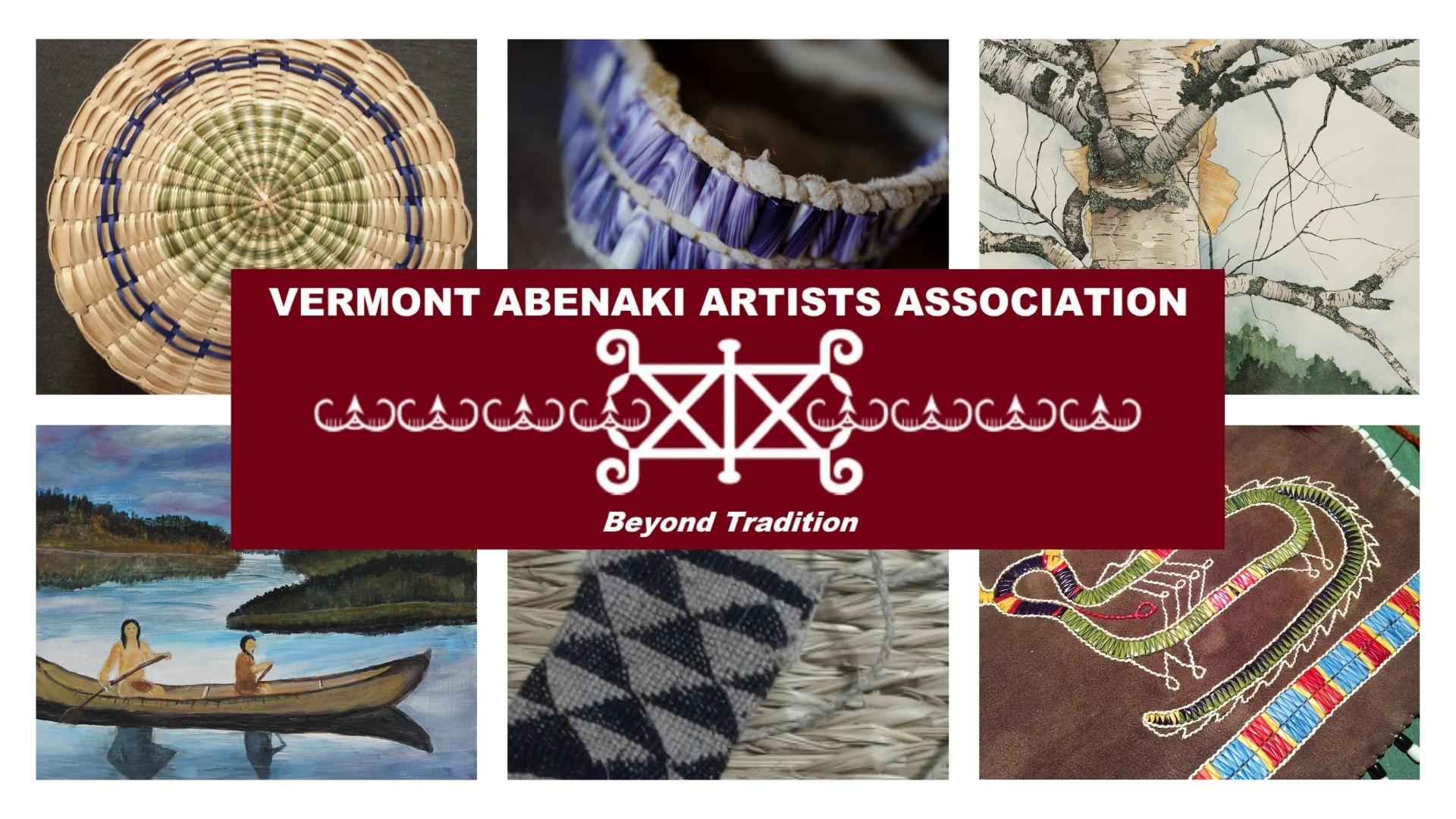Written by Kelly Holt. First published in Art New England Magazine. June 1, 2023.
Nebizun: Water is Life, is a “living, breathing exhibition,” curated by Vera Longtoe Sheehan, founder of the Abenaki Art Association. The exhibition brings together artists from four recognized tribes from the Champlain Valley and the Connecticut River Valley for its fourth stop on a two-year tour. Nebizun (Abenaki for medicine, whose root nebi means water) metamorphosizes in each curatorial iteration. A vital part of Abenaki art and culture is stewardship of the land, N’Dakinna (our homeland). Explains Sheehan, “The Abenaki people know how essential water is to foodways, medicine, and everyday activities that may be taken for granted.”
Many works are influenced by activist elders. Nebizun is inspired by Grandmother Doreen Bernard’s ‘water walk’ from Nova Scotia to Maine to pray for an abundance of water. Another inspiration is the Standing Rock crisis and art activism by Grandmother Willi Nolan: “Our waters are our highways.” Only Native American people were at Standing Rock—the word was spread via social media. No Pipelines, a drawing by artist JES, was created to share through those channels. Francine Poitras Jones’ Water is Life painting is a direct expression of this protest, “…it was my reality…the painting flowed from me, much like the water that sustains life.”
The exhibition takes visitors through several watershed topics while mirroring Abenaki making and way of life. Traversing a long space, each stop works like a tributary. The exhibition is peppered with water facts that will make you pause the next time you make a cup of coffee, and more. Another tributary begins with images of creation and Standing Rock, then flows into the importance of wetlands as protectors highlighting duck-decoys made from cattails, netmaking, fishing implements and birch, a vital material in canoe making and creating “biting patterns” in pieces of art. At one end of the space is an arresting photo of ancestral rock carvings—petroglyphs of the faces in Bellows Falls, VT. The installation continues with beading and pottery, and concludes with detailed maps, calls to activism, and digital paintings Across the River by Hawk Schulmeisters that evoke pollution in water.
















